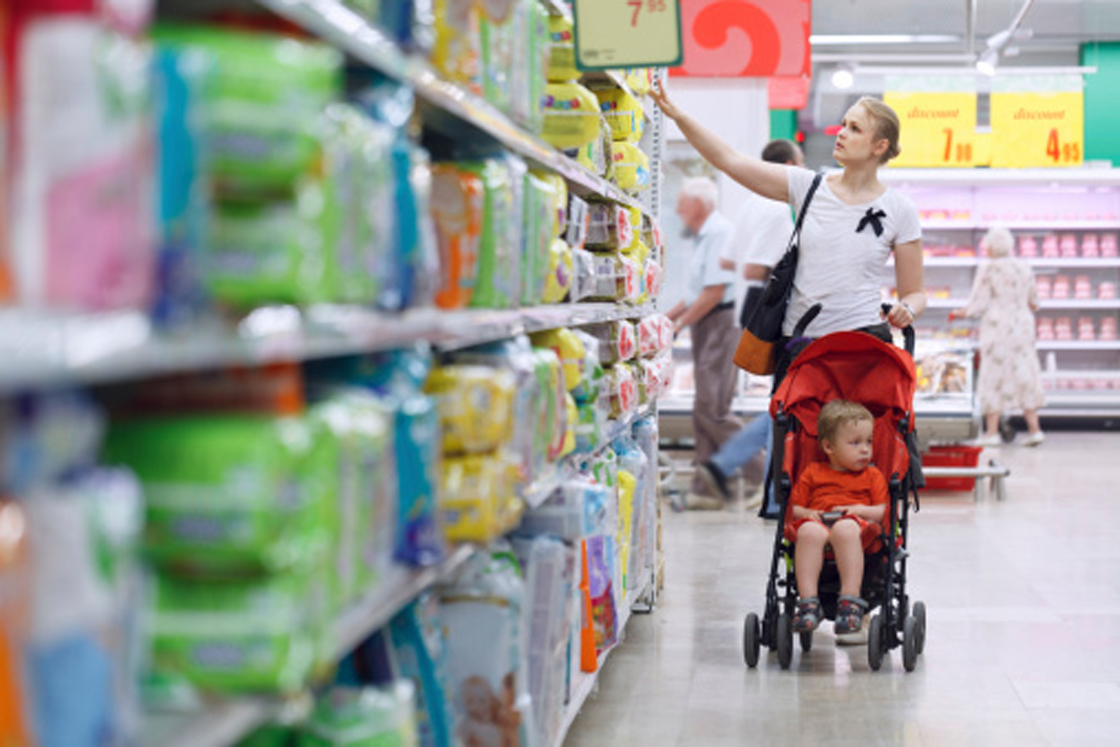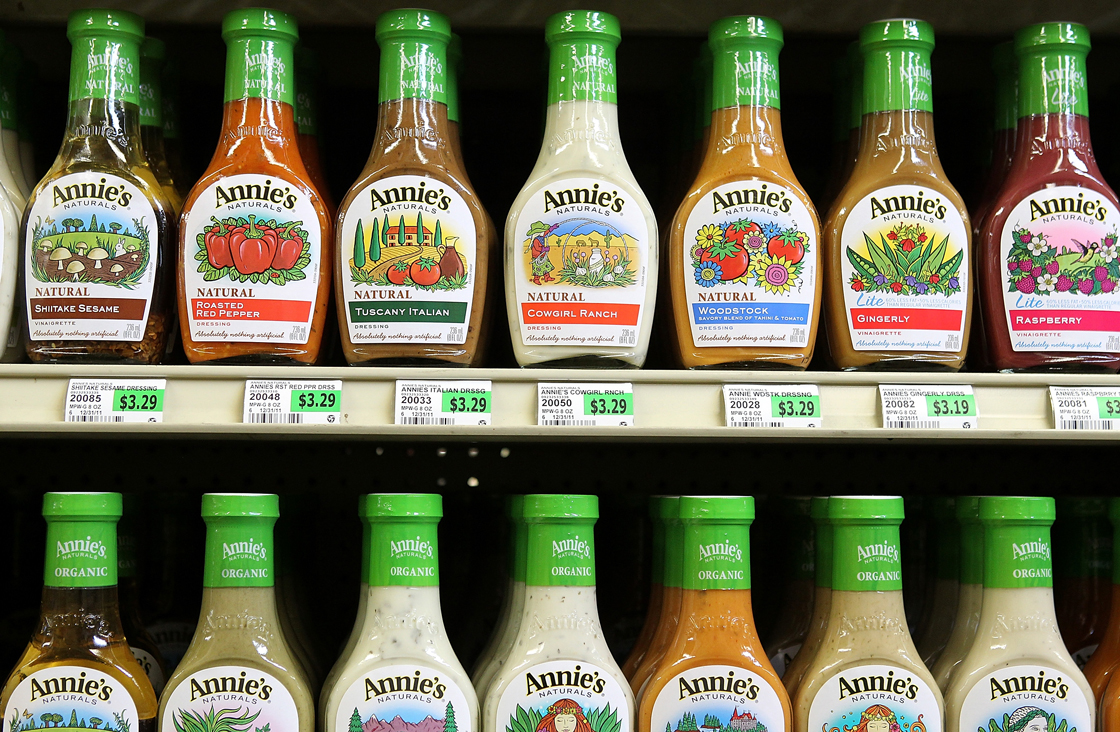With food prices on a steady march higher this year, shoppers are looking for ways to trim their weekly grocery spend any way they can. Here’s nine items usually priced at a premium consumers may want to avoid.

READ MORE: Grocers taking some ‘shock’ out of surging fresh food prices
Diapers
The mark-up on diapers can be substantial for the same reason batteries are so expensive at the supermarket—it’s an emergency or urgent need that triggers the purchase. Plan ahead. Diaper sales occur all the time, and new parents can—and should, if they want to save money—load up while they’re at a discount.
Websites like diaperdeals.ca can also help you find cheaper deals on Pampers and other brands.
Batteries
Like Diapers, batteries are usually needed in a tight situation, and a run to the grocery store will cost you. A far better route is to plan ahead and stock up on them at discount department stores, or at a big-box retailer like Costco.
Pre-packed meals

Get weekly money news
With many loaded with sugar, preservatives, salt and other ingredients that wouldn’t sit well with your personal trainer (or physician), prepackaged lunches and meals are also a convenience purchase. Food health experts suggest making more food when preparing dinner and other dishes that can be used for lunches or meals over the next few days.
Party supplies
Discount stores like Dollarama make a killing on party supply sales, with many consumers picking up relatively cheap balloons, streamers, candles and other essentials all in one place. Supermarkets often carry these items, as well, but they usually come with a bigger mark-up.
READ MORE: Prepare for a dollar store invasion, Canada
Brand name spices
Many grocers have introduced private label products with some aimed at appealing to your finer sensibilities. Some sell prepared spices to add to dishes at home. Consumer Reports says a blind taste test using some U.S. brands versus the no-name stuff, revealed most could not tell the difference between the name and no-name brands.
Stick to the no-name, or better still, grow your own.
Salad dressing
Often high in calories and chock full of ingredients that require a chemistry degree to understand, prepared salad dressings are a convenience purchase most of us make but could easily avoid. Yes, there’s dressing on sale all of the time, but it’s far more cost effective to stick with some olive oil and red wine vinegar you already own—and likely healthier, too. Or look up recipes online.
Flower bouquets
A frill for many buyers, a fresh flower bouquet can be costly. Supermarkets know this is a luxury item that’s typically a gift or personal treat, and charge accordingly—especially around key holidays. Fresh flowers from a flower store won’t be much cheaper, if at all, but if flowers are required, experts suggest sticking to single-variety bouquets which are cheaper in many cases.
Bottled water
Sales of bottled water have flagged in recent years because of environmental concerns among consumers. You should have economic ones, too. Bottled water is about 1,000 times the price of faucet water, while being relatively inexpensive to produce. This is a convenience buy that can easily be avoided with a couple of stainless steel bottles to bring tap water with you.
Greeting cards
Like flowers, these are perks and are priced accordingly at most grocery stores or pharmacies. You can avoid the massive mark-ups on a birthday or thank-you card by purchasing a bulk pack online at sites like Amazon.ca, or by making your own—which may be more touching in the end.
- Trump threatens Canada with 50% tariff on aircraft sold to U.S.
- Stepfather of two missing N.S. kids charged with sexual assault of adult, forcible confinement
- Canadians have billions in uncashed cheques, rebates. Are you one of them?
- First Nations raise alarm over ICE detentions, urge caution crossing U.S. border









Comments